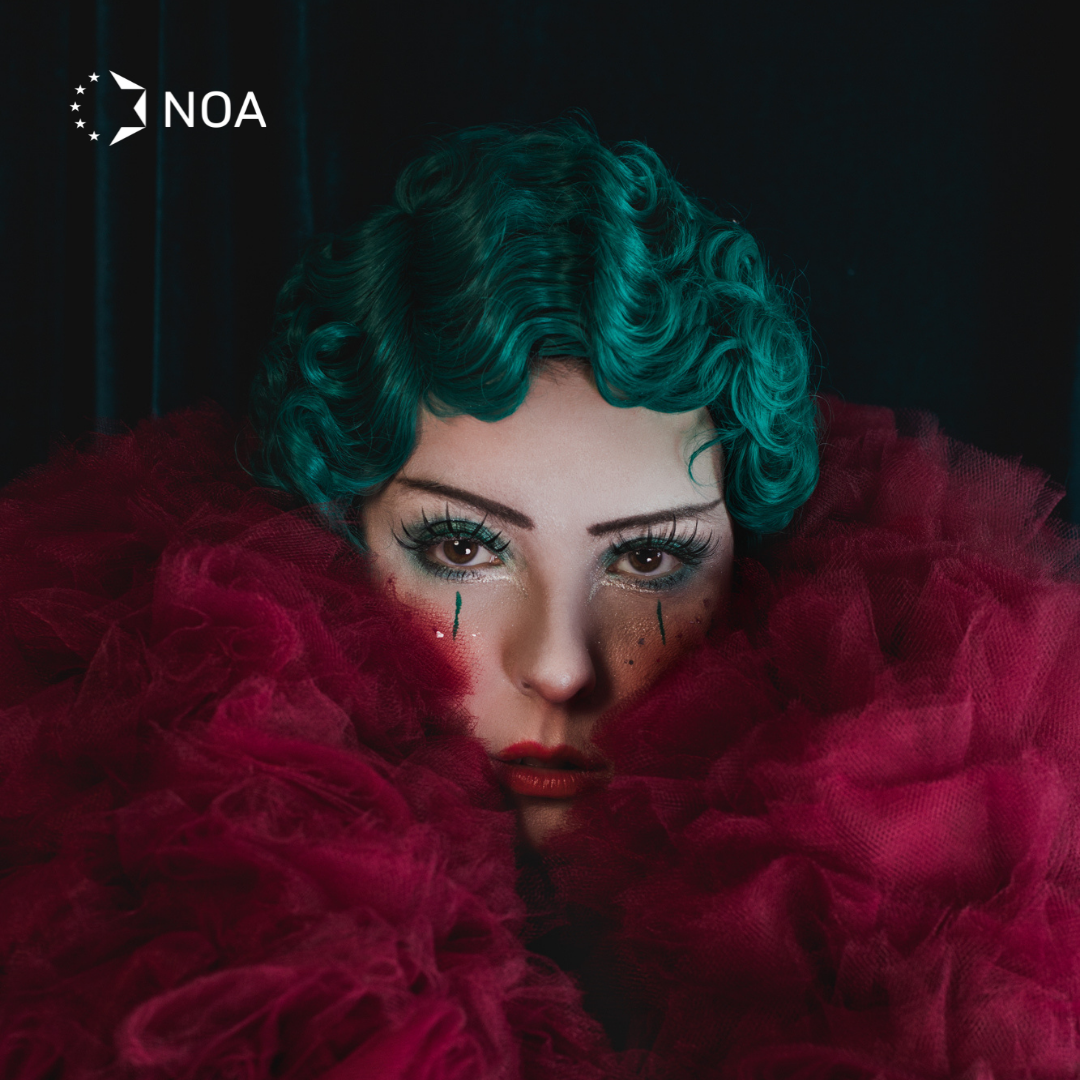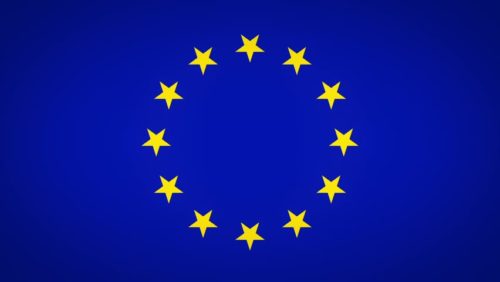Empowering women through body positivity, burlesque, and Judaism

When it comes to Jewish engagement in Poland, there’s nothing Ania Ciszewska aka Betty Q hasn’t done. From volunteering at Limmud; to leading youth groups to Israel; to organizing and cooking up rooftop Shabbat dinner for young adults.
But since 2010, she has also been the powerhouse behind Poland’s growing burlesque scene. Betty Q leads workshops in burlesque dance, and uses her platform to promote women’s empowerment, body positivity, LGBTQ+ awareness (to lend her support to Poland’s LGBTQ+ community, she recently showed up in full burlesque makeup and attire at a pop-up street event at 6am on a bitterly cold day), and to co-create a safe and inclusive space for people to dance.
She was inspired to create her burlesque alter ego Betty Q after a community Purim party, where she came dressed as the character ‘Ugly Betty’ from the American TV comedy series of the same name. Her friends started calling her Betty from that day on. The name not only stuck, but grew into her burlesque stage name.
Judaism and Jewish texts have made their way into Betty Q’s performances. For a workshop, Betty Q once took inspiration from the figure of Jewish heroine Queen Esther, a feminist symbol within Judaism. She also has a playful act surrounded on the traditions of Hanukkah, where she is dressed as a dreidel giving out chocolate gelt, and then becomes a Hanukkiah with candles on different parts of her body.
For Betty Q, burlesque is about feminism. Her persona is also tied to her Judaism. “Burlesque is all about the joy of freeing your body from the chains of society, about impersonating strong and powerful characters, and learning from them off-stage,” Betty Q said in an interview with the NOA project.
Decades after the Holocaust, Betty Q is part of the rebuilding of a young – and modern – Jewish community in Poland, as thousands of Poles have rediscovered and embraced their Jewish roots. One of her more serious burlesque acts, ‘Morte,’ visualizes the position of her generation in Poland – of Jews who weren’t raised Jewish. “’But we all come from Eve, don’t we?’” she asks the viewer during the act. In the performance, the dancer’s Jewish family names are written across her arms, as they are then scrubbed away, symbolizing the attempts throughout history to erase them.
“I cannot imagine just walking on stage without understanding all the details and stories behind my act. Most of my acts are narrative. I am a storyteller. And I guess, these features make my work Jewish.”
A NOA (Networks Overcoming Antisemitism) profile series on Jews working towards a more inclusive Europe: www.noa-project.eu

 NOA is co-funded by the Rights, Equality and Citizenship Programme (2014-2020) of the European Union
NOA is co-funded by the Rights, Equality and Citizenship Programme (2014-2020) of the European Union